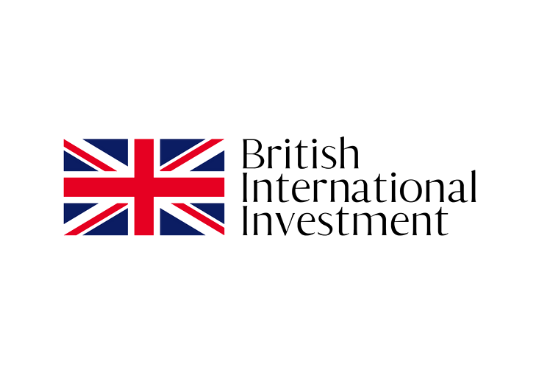Investment
British International Investment to Invest $1B in Nigerian Banks, Telecoms, and Other Key Sectors in the Economy

Investment
Lagos State Government Set to Demolish $200 Million Landmark Beach Resort
Investment
Investors Petition EFCC as Over N3 Billion Trapped in Agrorite Investment Scheme
Treasury Bills
Treasury Bills Yields Reach 17.67% Amidst Central Bank’s Tightening Policy
-

 Forex2 weeks ago
Forex2 weeks agoZiG to the Rescue: Zimbabwe Shifts Gear with New Currency Backed by Gold
-



 Naira2 weeks ago
Naira2 weeks agoDollar to Naira Black Market Today, April 9th, 2024
-

 Billionaire Watch1 week ago
Billionaire Watch1 week agoNigerian Billionaire Tony Elumelu Contemplates Acquiring NPFL Club
-

 Company News4 weeks ago
Company News4 weeks agoNNPC Gears Up for Public Listing, Embraces Full Commercialization
-





 Naira2 weeks ago
Naira2 weeks agoDollar to Naira Black Market Today, April 8th, 2024
-





 Naira1 week ago
Naira1 week agoNaira Hits Eight-Month High at 1,120/$ Amidst Central Bank Reforms
-





 Naira4 weeks ago
Naira4 weeks agoDollar to Naira Black Market Today, March 26th, 2024
-

 Nigerian Exchange Limited4 weeks ago
Nigerian Exchange Limited4 weeks agoNigerian Exchange Adds N74bn, Erases Three-Day Losses














